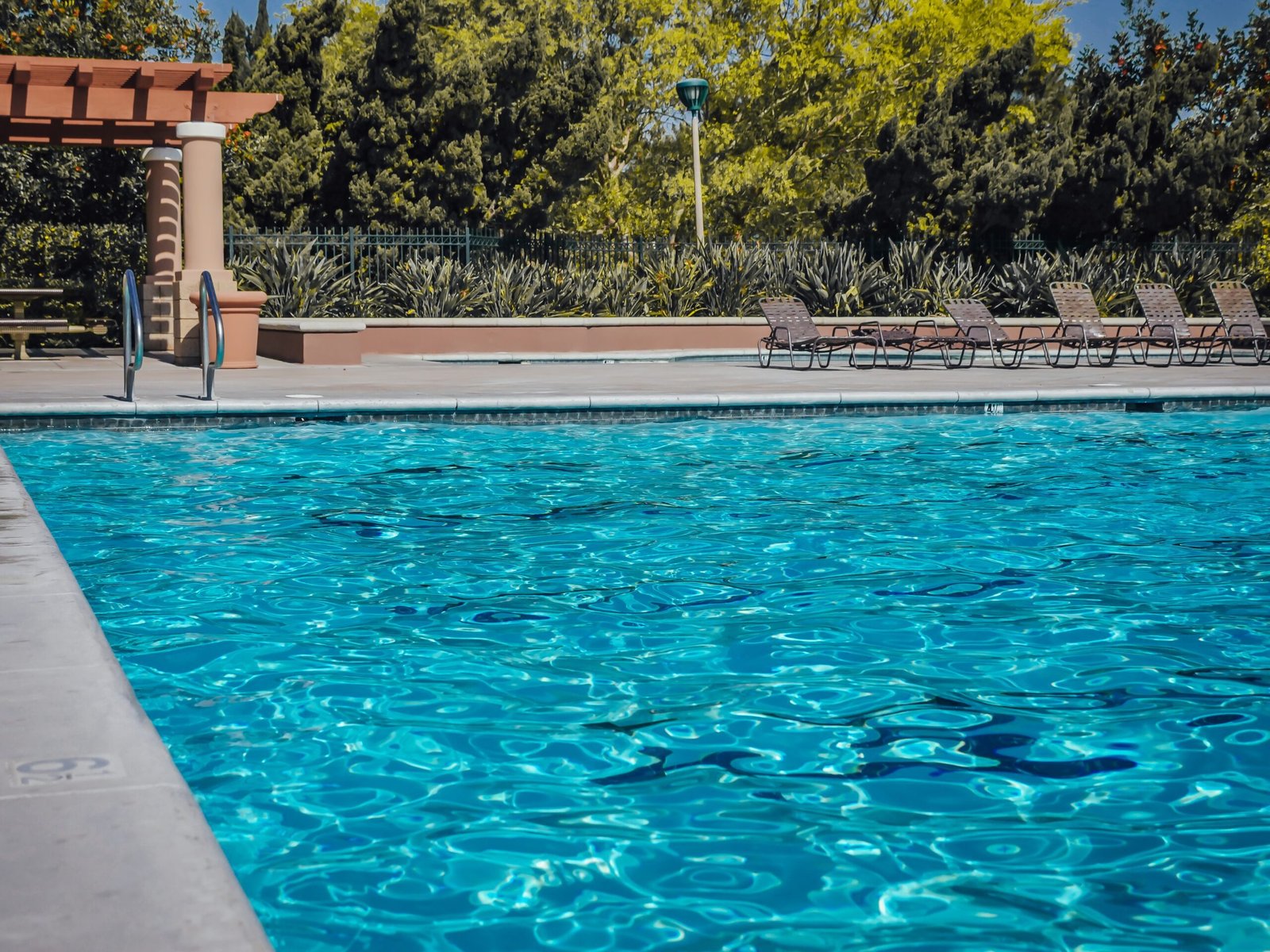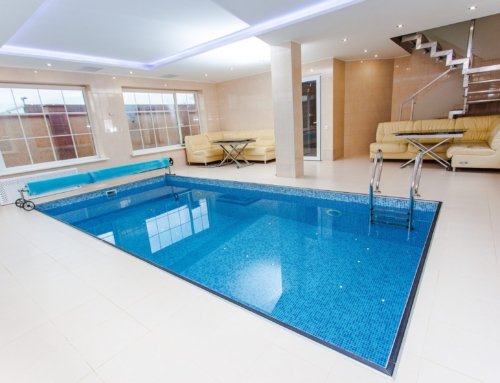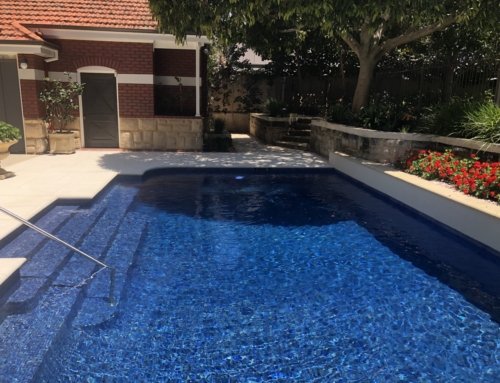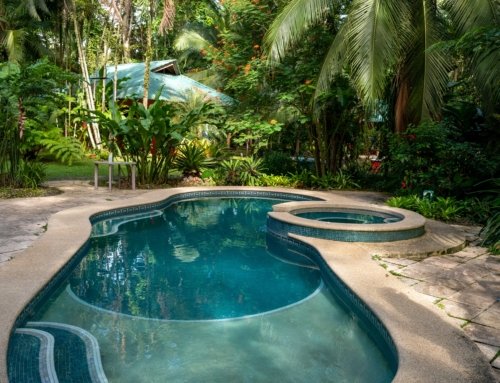There is no question that fibreglass pools require far less upkeep. In point of fact, when compared to other types of pools now available, fibreglass pools have the lowest ongoing maintenance costs (in terms of both time and money)! Most of the time, the maintenance needs of these pools are compared to those of vinyl pools and concrete pools, which are two of the most common choices.
However, why do fibreglass pools demand such a much lower level of maintenance? And in what specific ways are they different from concrete and vinyl in this regard? The majority of the advantages come from fibreglass’s inherently long-lasting and adaptable nature; once the fibreglass shell is built, its structure will not change for a very long period (up to 30 years). So why do fibreglass pools require less upkeep than other types? Here is a comprehensive list of the reasons why:
Fibreglass Pools Are Easier to Maintain
Vinyl pools are popular because they are very inexpensive. Nevertheless, many people who own pools have discovered that the pricey upkeep and maintenance costs associated with vinyl pools more than make up for the original cost. The cost of replacing the vinyl lining is one of the most obvious costs that come with vinyl pools. In rare circumstances, the lining will need to be changed after only 12 years of service. This procedure of replacing will take a lot of your time and will be expensive for you. Even worse, you won’t be able to use your pool for a certain amount of time, and having maintenance done on your pool is a real pain.
Fibreglass pools are exempt from this regulation because of their unique construction. Fibreglass does not need to be lined, and once it is placed, it will often not require any continuing structural repairs or maintenance once it has been put in place.
Forget Metal Brushes!
Have you ever considered using a metal brush to scrub the walls and floor of your pool? If you are contemplating the installation of a pool made of fibreglass, then the answer is most likely going to be no. This is due to the fact that concrete pools have an exceptionally porous surface that attracts algae in large numbers. In order to get rid of algae, people who own concrete pools have to scrub it away with a metal brush. This is done to prevent significant health problems from occurring. Owners of fibreglass pools are fortunate in that they do not have this problem. If you have a pool made of fibreglass, you won’t need to waste your weekends cleaning the surface of your pool.
Extremely Resistant to Algae
In connection with algae, you might be wondering why owners of fibreglass pools aren’t required to brush algae away, although owners of concrete pools are. The explanation is straightforward: because fibreglass is a non-porous material, algae has less locations to attach itself to it. Because of the smooth surface and gel coat technology that Pools Plus Fibreglass Pools provide, fibreglass pools are also inherently more resistant to algae growth.
Not only does this imply that you will be able to scrub your pool in significantly less time, but it also raises the possibility that you won’t even require a scrubber in the first place. In addition, the pool’s susceptibility to the growth of algae will directly correlate to the amount of You will have to spend money on maintaining a consistent level of chemical treatment. Fibreglass is so good at killing algae that you won’t have to spend money on other, more expensive treatments.
There is no need for expensive acid washing to be done.
One further reason why concrete pools require more upkeep than fibreglass pools is that concrete pools require acid washing every five years, but fibreglass pools do not. The surface of concrete pools has to be washed with acid on a regular basis as part of the process of maintaining its cleanliness. To keep everyone safe during this operation, the pool must first be completely drained. Acid cleaning is required, but it is expensive, inefficient in terms of time, and can be a source of frustration when performed every 5 years.
There is no necessity to resurface.
In addition, unlike concrete pools, fibreglass swimming pools do not require regular resurfacing. Concrete pools have to be resurfaced every ten years because fewer pool water cleaning agents, such as chlorine, salt, and minerals, will be required to keep the water clean.
Concrete pools, on the other hand, will call for a greater quantity of chemicals to bring the pH levels back into equilibrium. Also, this will be a problem that keeps coming back over a long period of time. The pH levels of the pool water will be kept in balance by chlorine and other chemicals, but then they will get out of balance again because the pool is made of concrete. The ph levels in fibreglass pools, on the other hand, won’t change quite as much. If adequate maintenance levels are kept, then you will be able to build a regular routine that will cost you less money and take less time on your end. In point of fact, this will be possible if the levels of maintenance are managed properly.
Heat is held in for a longer period of time in fibreglass pools.
How does the fact that fibreglass pools heat up faster than other types of pools and stay warmer for longer contribute to their lower level of maintenance requirements?
Since fibreglass pools are better at retaining heat for longer periods of time and at a faster rate, you won’t have to keep the heater on for as long as you generally would. If you combine this with the use of a pool cover during the cooler months, you will not only have a more enjoyable time swimming, but you will also have lower monthly electrical expenditures.
As you can see, fibreglass pools need far less maintenance than any other type of pool. This includes not only the financial cost of maintenance, but also the time and effort spent cleaning and maintaining it.





